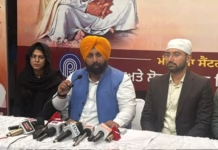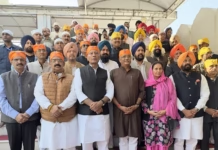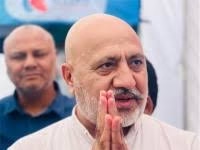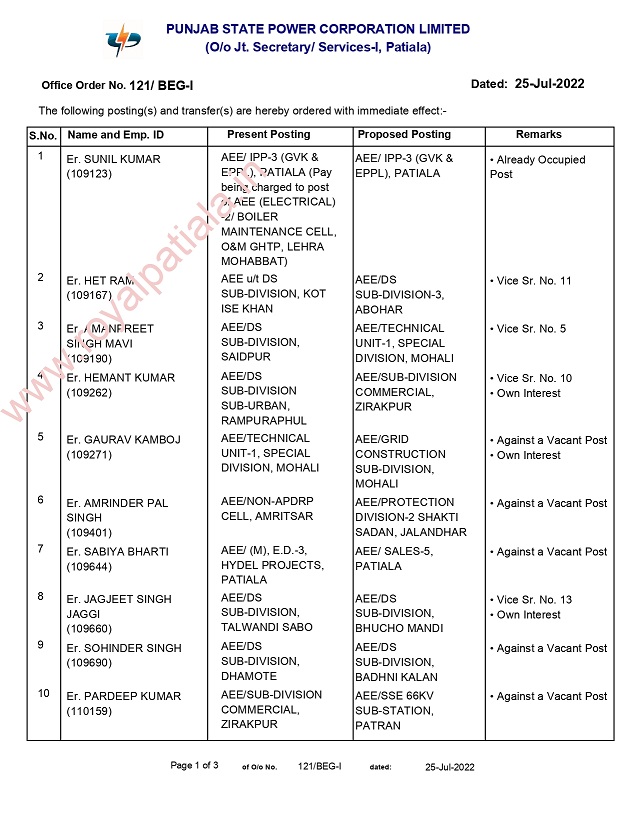Punjabi University to start IELTS, TOFEL courses. Punjabi University, Patiala, was established on the 30 April 1962, and is only the second University in the world to be named after a language, after Hebrew University of Israel. Punjabi University teaches and researches in science, engineering and technology, humanities, social sciences, performing arts and sports. Originally it was conceived as a unitary multi-faculty teaching and research university, primarily meant for the development and enrichment of Punjabi Language and culture, but alive to the social and educational requirements of the state.
Now after 55 years of its establishment Punjabi University organised communication skills and aptitude training programme for the students of faculties of social sciences and business studies with the objective of enhancing the employability of the university students.
Speaking on the occasion, Vice-Chancellor, Professor BS Ghuman said that the university has planned to create a special cell to impart training to the students in IELTS and TOEFL to help them save an exorbitant amount of money that they dole out for getting training for these courses in the private institutions.

Vice Chancellor further said that “Efforts are also on to enhance the scope of university IAS and Allied Services training centre,” He also said the process would be followed more vigorously with university’s restructured mandate of ‘finishing schools’, facilitating increased interface with the market and society in the traditional streams.
Vice Chancellor advocated the cause of ‘handholding’ of students with their optimum domain knowledge extending beyond their orthodox course curriculums. “We can’t leave the things to chance as far as taking the employability of our students taking to the logical conclusion was concerned,” he said.
He stressed upon the HoDs of various department to invite professionals as resource persons to continue the sustenance of results which evolve as a consequence of today’s programme to make ‘students street smarts’













